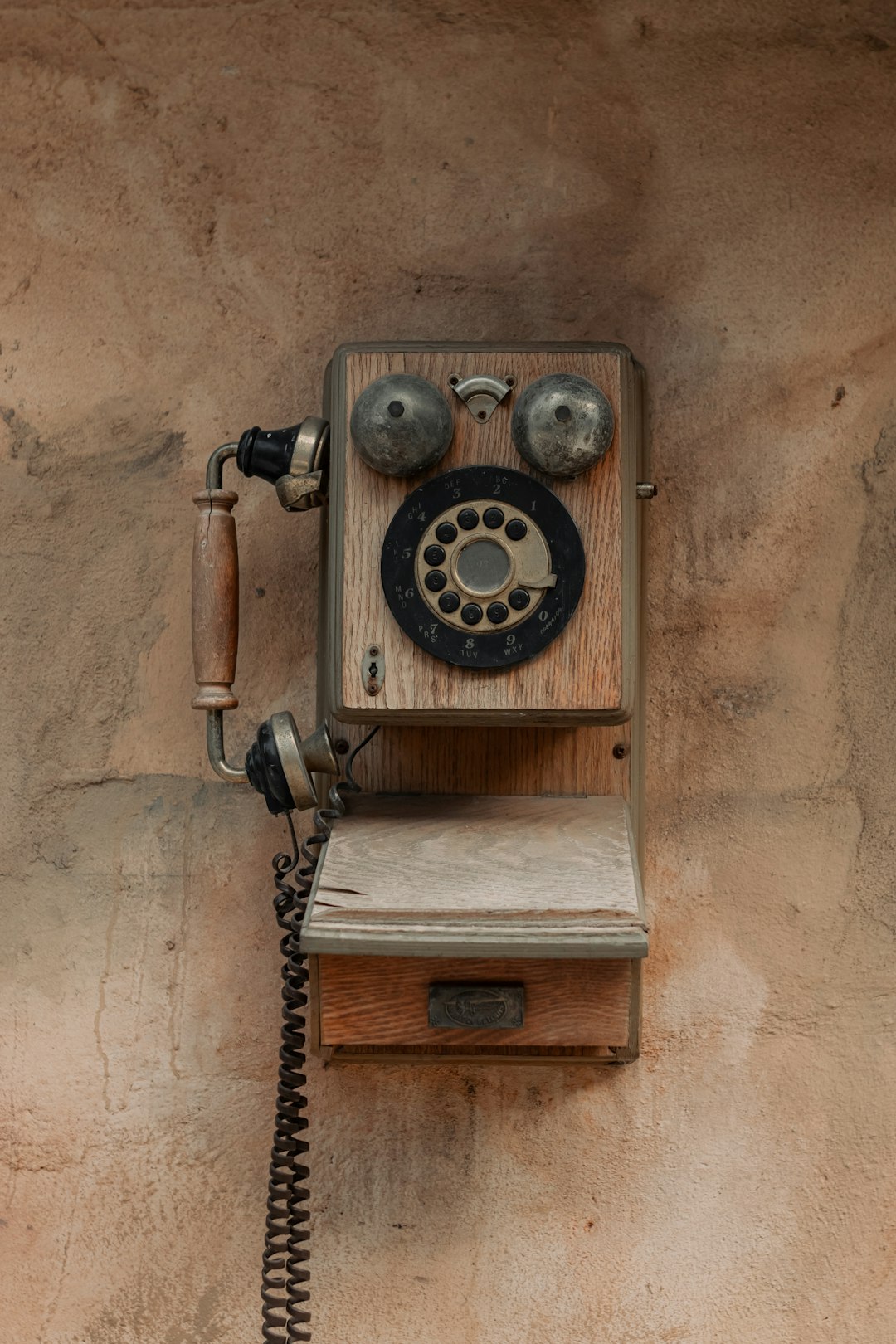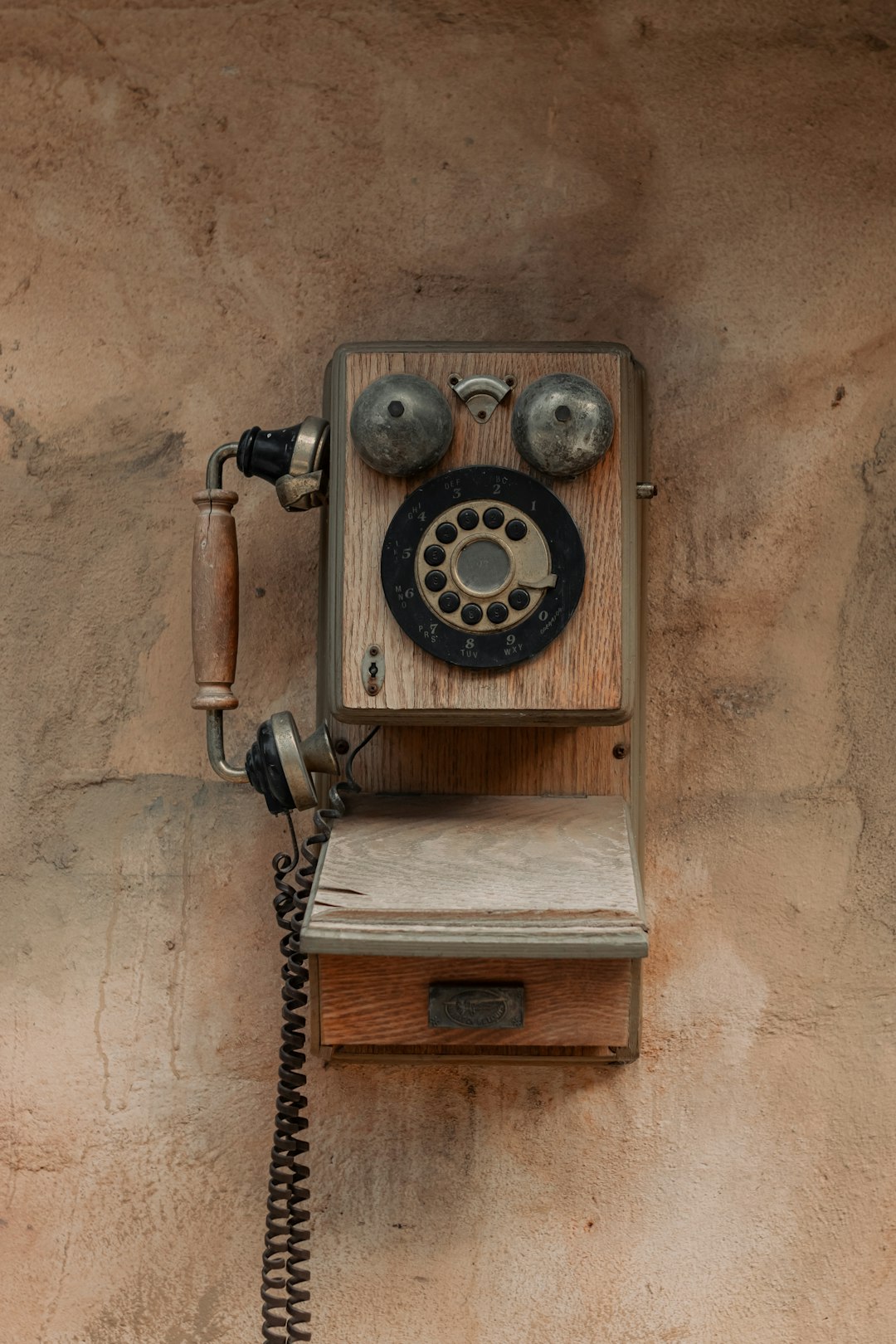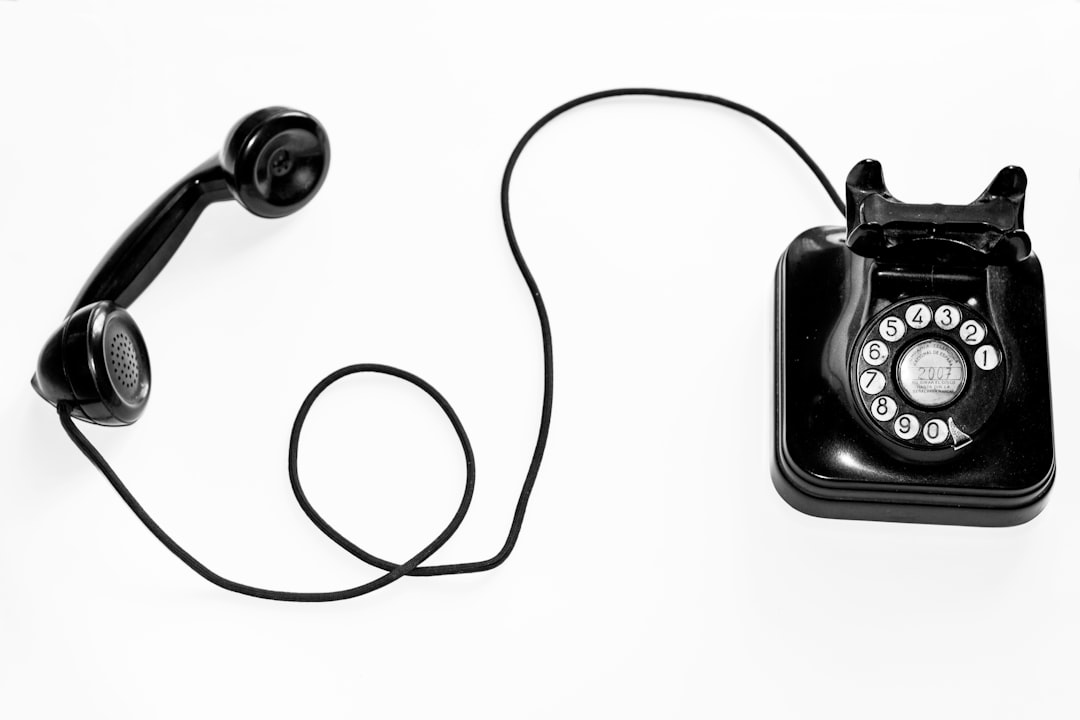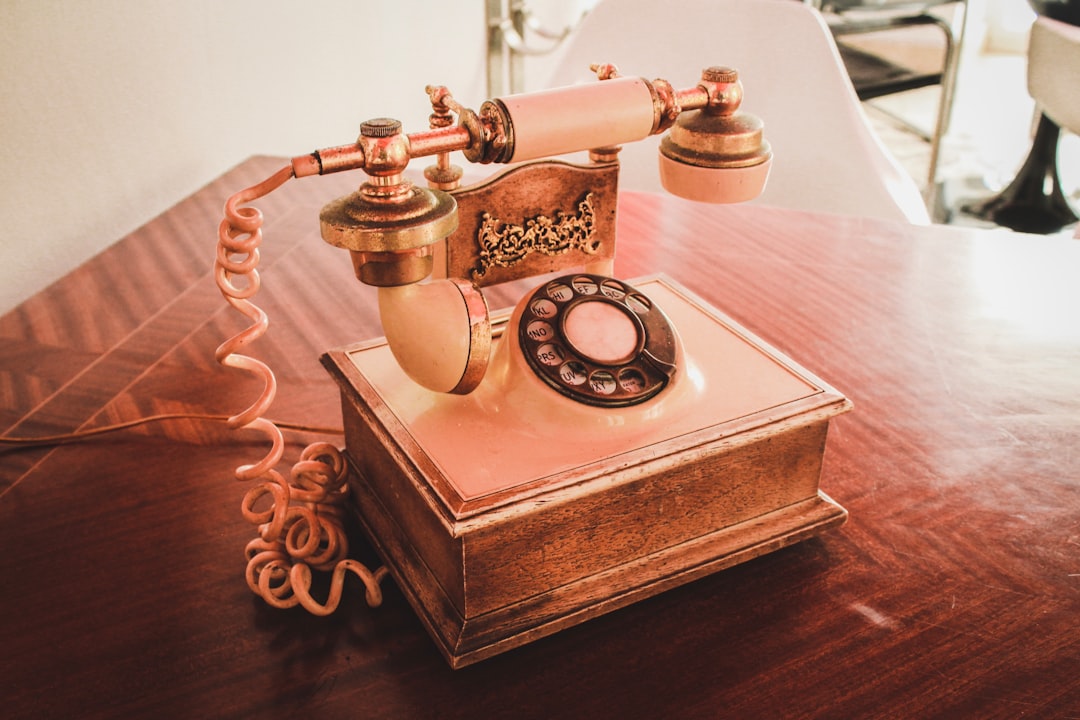Understanding when and how to file a complaint with the Federal Trade Commission (FTC) in Minnesota is crucial for combating unwanted calls and protecting consumer rights. The process involves gathering evidence, filing an online or paper form on FTC.gov, and initiating an investigation that may lead to resolutions like fines or practice changes for offenders. When seeking legal help for unwanted calls, focus on finding a specialized telecommunications lawyer in Minnesota with proven success in handling similar cases, ensuring they're licensed locally and understand state telemarketing laws.
“Learn how to protect your rights in Minnesota by filing a complaint with the Federal Trade Commission (FTC). This comprehensive guide navigates the process, empowering residents to take action against unwanted calls and fraud. Discover when and why filing is crucial, then follow our step-by-step process tailored for Minnesota. Understand what happens after you file, from investigations to resolutions.
Additionally, explore tips for choosing a lawyer specializing in unwanted calls Minnesota, ensuring expert legal assistance throughout.”
Understanding Your Rights: When and Why to File with the FTC

When it comes to protecting your rights as a consumer, understanding when and why to file a complaint with the Federal Trade Commission (FTC) is crucial. In Minnesota, as in many states across the country, the FTC plays a significant role in regulating business practices and enforcing federal laws aimed at curbing fraud and unfair competition. If you’ve encountered an issue that involves unwanted calls or other forms of consumer abuse, filing a complaint with the FTC can be a powerful step towards justice and change.
A lawyer for unwanted call Minnesota can guide you through this process, ensuring your rights are protected every step of the way. While the FTC receives numerous complaints each year, they prioritize cases that involve widespread or particularly egregious violations. By filing a complaint, you contribute to their efforts in holding businesses accountable and creating a more transparent marketplace. This simple yet significant action can also serve as a warning to others and potentially prevent similar instances from occurring in the future.
The Complaint Process: Step-by-Step Guide for Minnesota Residents

Filing a complaint with the Federal Trade Commission (FTC) in Minnesota involves a straightforward process that residents can navigate with the help of a lawyer for unwanted calls. Here’s a step-by-step guide to ensure your concerns are heard and addressed effectively.
1. Gather Evidence: Document all relevant information, such as dates and times of unwanted calls, phone numbers displayed on your caller ID, any recorded messages or conversations, and the names or companies associated with the calls. This evidence will be crucial in supporting your complaint.
2. Visit the FTC Website: Start by visiting the official FTC website (FTC.gov). Look for the “File a Complaint” section and select Minnesota as your location. The site provides an online form that guides you through the process, making it convenient to detail your experience and submit your complaint digitally.
3. Complete the Form: Fill out the online complaint form accurately and thoroughly. Provide specific details about the unwanted calls, including any strategies used by the caller to persist despite your requests to stop. If a lawyer for unwanted calls in Minnesota is involved, mention this information to help investigators track down the source.
4. Submit Your Complaint: Once you’ve completed the form, submit it through the FTC website. You will receive a confirmation and a case number for future reference. Although filing online is efficient, you can also request a paper copy or mail in your complaint if preferred.
What to Expect After Filing: Investigation and Resolution

After filing a complaint with the FTC in Minnesota, an investigation is initiated to verify the allegations. This process involves gathering evidence and statements from all parties involved, including the complainant and the business or individual being accused of misleading or fraudulent practices. Depending on the complexity of the case, this can take several weeks to months.
Once the investigation is complete, the FTC will determine whether to resolve the matter through a settlement agreement, cease-and-desist order, or other legal action. If a resolution is reached, it may involve the offender paying fines, implementing changes to their practices, or both. For instances involving unwanted calls, such as those handled by a lawyer for unwanted call Minnesota, the resolution could include a ban on certain telemarketing practices and strict compliance with consumer protection laws moving forward.
Choosing the Right Legal Help: Tips for Selecting a Lawyer for Unwanted Calls in Minnesota

When dealing with unwanted calls, finding the right legal help is crucial. In Minnesota, it’s important to select a lawyer who specializes in telecommunications law and has experience handling cases related to unwanted or harassing calls. Look for attorneys who have a proven track record of successfully representing clients in similar situations, as this expertise will be invaluable during your case.
Consider asking for referrals from trusted sources, such as local consumer protection agencies or legal aid organizations. Additionally, review online profiles and client testimonials to gauge an attorney’s reputation and approachability. Ensure the lawyer you choose is licensed to practice in Minnesota and has a clear understanding of state laws regarding telemarketing and unwanted calls.






